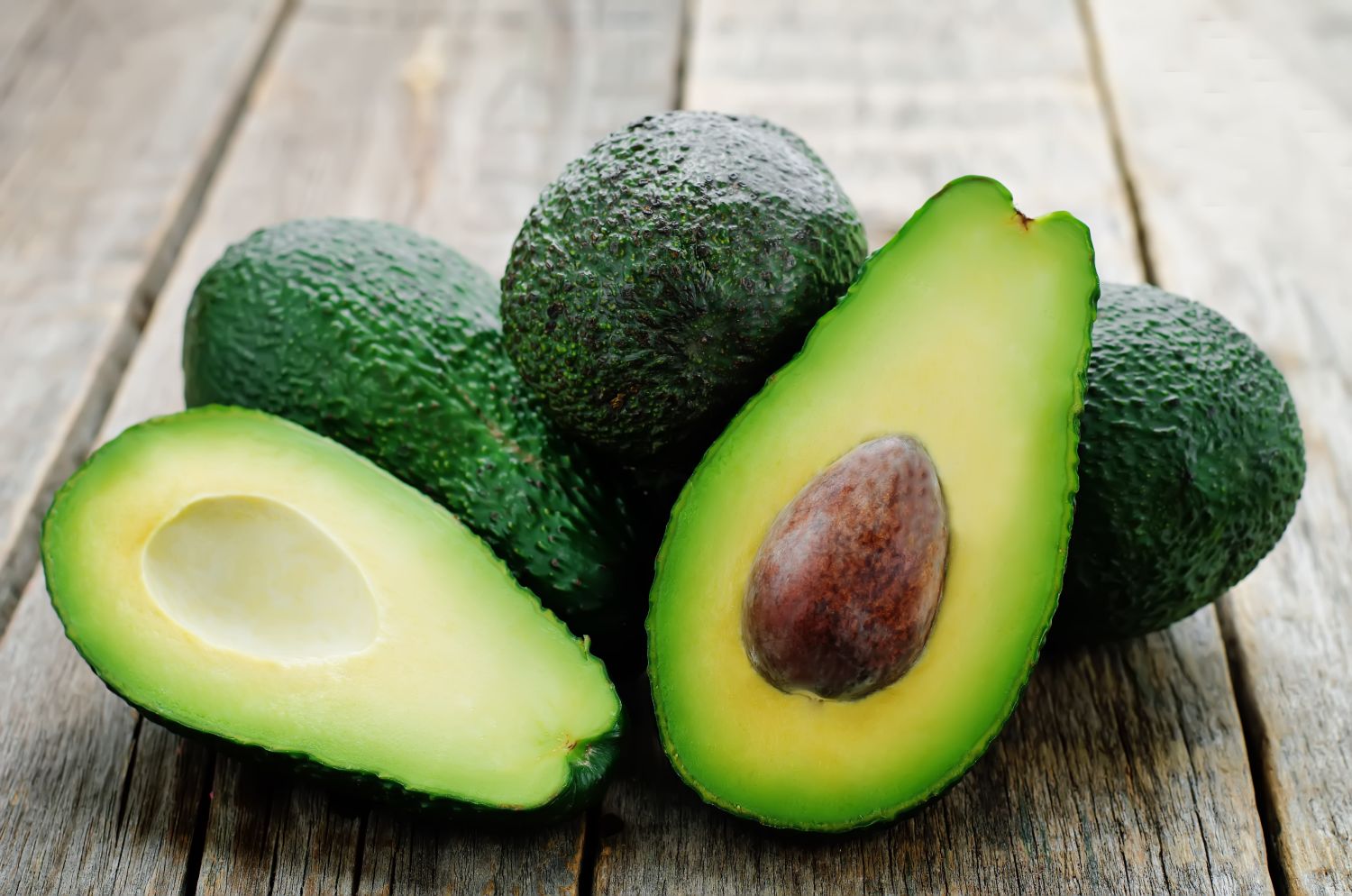

Articles
How To Store Unripe Avocado
Modified: January 9, 2024
Discover the best methods for storing unripe avocados in this informative article. Learn how to keep your avocados fresh and ready to enjoy when they ripen
(Many of the links in this article redirect to a specific reviewed product. Your purchase of these products through affiliate links helps to generate commission for Storables.com, at no extra cost. Learn more)
Introduction
Avocados are a versatile and delicious fruit that are loved by many. However, it can be quite a disappointment when you purchase unripe avocados and have to wait for them to ripen before enjoying them. The good news is that there are ways to store unripe avocados and expedite the ripening process, ensuring that you can enjoy perfect avocados whenever you desire.
Storing unripe avocados properly is crucial to ensure that they ripen evenly and do not spoil. Whether you are buying avocados in bulk, or simply want to extend the lifespan of a single avocado, understanding how to store unripe avocados is essential for any avocado lover.
In this article, we will explore the reasons why it is important to store unripe avocados correctly, and share some effective methods to preserve and ripen them. By following these tips, you can enjoy perfectly ripe avocados every time.
Key Takeaways:
- Properly storing unripe avocados is crucial for even ripening, extended shelf life, and preserving nutritional value. Consider factors like variety, ripeness, and storage conditions for optimal results.
- Utilize methods like paper bag ripening, banana assistance, or refrigeration to control the ripening process based on your needs. Speed up ripening with warmth, rice, or a ripe avocado, and confidently identify ripe avocados for ultimate enjoyment.
Read more: How To Store Unripe Avocados Long-Term
Why is it important to store unripe avocados?
Properly storing unripe avocados is crucial for a few important reasons. First and foremost, it ensures that the avocados will ripen evenly and become perfectly ripe when you are ready to enjoy them. Improper storage can lead to avocados that are either overripe or still too firm to eat.
Additionally, storing unripe avocados correctly can help extend their shelf life. This is especially important when you purchase avocados in bulk or when you have avocados that are not yet ripe, but you want to enjoy them at a later date.
Another key reason to store unripe avocados properly is to prevent spoilage. Avocados are a delicate fruit that can easily become damaged if not stored in the right conditions. Exposure to extreme temperatures or excessive moisture can cause the avocados to spoil, resulting in a loss of flavor and texture.
Furthermore, storing unripe avocados appropriately also ensures that the fruit retains its nutritional value. Avocados contain essential nutrients such as healthy fats, vitamin K, vitamin C, vitamin E, and B vitamins. Maintaining the optimal storage conditions will help preserve these nutrients and keep the avocados as healthy as possible.
Overall, proper storage of unripe avocados is important to ensure even ripening, extend shelf life, prevent spoilage, and preserve nutritional value. By understanding the importance of storing unripe avocados correctly, you can enjoy the full flavor and benefits of this beloved fruit.
Things to consider before storing unripe avocados
Before you embark on storing unripe avocados, there are a few important considerations to keep in mind. Understanding these factors will help you make informed decisions and ensure the best possible outcomes for your avocados.
1. Variety of avocado: Different avocado varieties have slightly different ripening characteristics. Some may take longer to ripen, while others may have a shorter shelf life. It’s important to familiarize yourself with the specific variety you have to better understand its ripening process and storage requirements.
2. Degree of ripeness: If your avocados are unripe but soft to the touch, they may require a shorter storage period than those that are still firm. Assess the level of ripeness and adjust your storage method accordingly.
3. Timeframe for consumption: Consider when you plan to eat the avocados. If you need them to ripen quickly, you may want to try methods that expedite the ripening process. On the other hand, if you’re not in a rush, you can opt for a longer storage method.
4. External factors: Take into account the ambient temperature and humidity of your environment. Avocados can be sensitive to extreme temperatures and excessive moisture, so it’s crucial to store them in a suitable location.
5. Quality of the avocados: Check the avocados for any signs of damage, such as bruising or mold, before storing them. Damaged avocados are more likely to spoil quickly and affect the surrounding fruits.
By considering these factors, you can determine the best approach to storing your unripe avocados. These considerations will help you avoid potential issues and ensure that your avocados ripen perfectly, providing you with the best possible eating experience.
Proper storage conditions for unripe avocados
To ensure the best results when storing unripe avocados, it’s important to create the proper storage conditions. By providing the right environment, you can encourage even ripening and maintain the quality of the avocados. Here are some key factors to consider for proper storage:
1. Temperature: Avocados should be stored at room temperature, preferably around 68-75°F (20-24°C). This allows the natural ripening process to occur gradually. Avoid exposing avocados to extreme temperatures, as this can affect their ripening process and lead to spoilage.
2. Light: Protect avocados from direct sunlight. Excessive exposure to light can speed up the ripening process and cause the fruit to become overripe. Store avocados in a cool, dark place to maintain their quality.
3. Ventilation: Avocados require adequate air circulation to ripen properly. Avoid sealing them in airtight containers or plastic bags, as this can trap moisture and promote spoilage. Instead, put unripe avocados in a well-ventilated area.
4. Separation: To prevent avocados from rubbing against each other and causing bruising or damage, it’s best to store them individually. If you have multiple avocados, you can place each one in a separate compartment or wrap them in a soft cloth to provide a cushioning barrier.
5. Moisture: While avocados don’t need excessive moisture during ripening, it’s important to maintain a moderate level of humidity. Dry conditions can cause avocados to shrivel, while excessive moisture can lead to mold development. Strive for a balanced humidity level in the storage area.
By adhering to these storage conditions, you can ensure that your unripe avocados ripen evenly and maintain their quality. Proper temperature, minimal light exposure, good ventilation, individual storage, and balanced moisture are all key factors in creating an ideal environment for the ripening process.
How to store unripe avocados in a paper bag
One popular method for ripening unripe avocados is using a paper bag. This simple and effective technique helps to trap ethylene gas, a natural ripening agent that avocados produce, which speeds up the ripening process. Here’s how you can store unripe avocados in a paper bag:
- Select a paper bag: Choose a clean, brown paper bag that is large enough to accommodate the number of avocados you want to ripen. Avoid using plastic bags, as they can trap excessive moisture and hinder the ripening process.
- Place the avocados in the bag: Put the unripe avocados gently into the paper bag. If you have multiple avocados, make sure they are not overcrowded, as this can cause them to bruise or ripen unevenly.
- Add a ripening catalyst: If you want to expedite the ripening process, consider adding a ripening catalyst such as a banana or apple to the paper bag. These fruits release even more ethylene gas, which helps accelerate the ripening of avocados.
- Close the bag: Loosely close the top of the paper bag, leaving some space for air circulation. Make sure the bag is sealed enough to trap the ethylene gas, but not too tightly that it prevents air circulation.
- Store at room temperature: Place the paper bag with the avocados in a cool, dark place at room temperature. Avoid direct sunlight and extreme temperatures, as they can affect the ripening process. Remember to keep the bag well-ventilated to prevent the accumulation of moisture.
- Check periodically: Check the avocados daily to monitor their ripeness. The ripening process can vary depending on the avocado variety and its initial ripeness level. Generally, avocados stored in a paper bag can ripen within 2-5 days.
- Enjoy the ripe avocados: Once the avocados are ripe, remove them from the paper bag and store them in the refrigerator to slow down the ripening process. Use them within a few days for optimal flavor and texture.
Storing unripe avocados in a paper bag is a simple and effective method that helps hasten the ripening process. By utilizing the natural ethylene gas and providing the right environment, you can enjoy perfectly ripe avocados in no time.
Store unripe avocados at room temperature until they ripen. Placing them in a paper bag with a banana or apple can speed up the ripening process due to the ethylene gas they produce.
Read more: How To Store Unripe Mangoes
How to store unripe avocados with a banana
Another effective method for ripening unripe avocados involves using a banana. Bananas release a significant amount of ethylene gas, a natural ripening agent that can accelerate the ripening process of avocados. Here’s how you can store unripe avocados with a banana:
- Select a ripe banana: Choose a ripe banana that is yellow with some brown spots. Ripe bananas produce more ethylene gas, which helps speed up the ripening process of avocados.
- Wrap the avocado in newspaper or a soft cloth: To prevent direct contact between the banana and the avocado, wrap the unripe avocado in newspaper or a soft cloth. This will help protect the avocado from bruising and ensure that it ripens evenly.
- Place the wrapped avocado and banana together: Put the wrapped unripe avocado and the ripe banana in a bowl or container. Make sure they are not overcrowded and have some space for air circulation.
- Store at room temperature: Place the container with the avocado and banana in a cool, dark place at room temperature. Avoid exposing them to direct sunlight or extreme temperatures, as they can affect the ripening process.
- Check periodically: Check the avocado daily to monitor its ripeness. The ethylene gas released by the banana will accelerate the ripening process, and the avocado should ripen within a few days. Adjust the ripening time based on your preference for ripeness.
- Enjoy the ripe avocado: Once the avocado has ripened to your desired level, remove it from the container and store it in the refrigerator. Using a ripe avocado, you can prepare delicious meals and enjoy the creamy texture.
Storing unripe avocados with a banana can help expedite the ripening process and ensure that you have perfectly ripe avocados when you need them. The ethylene gas released by the banana stimulates the avocado’s ripening process, providing you with delicious and ready-to-eat fruit.
How to store unripe avocados in the refrigerator
If you have unripe avocados that you want to preserve for a longer period or slow down the ripening process, storing them in the refrigerator is a great option. The cool temperature of the refrigerator helps to delay the avocado’s ripening process and extends its shelf life. Here’s how you can store unripe avocados in the refrigerator:
- Assess the avocado’s ripeness: Determine the level of ripeness of the avocados you want to store. If they are slightly underripe or firm to the touch, they are ideal for refrigeration.
- Wrap each avocado in paper or place in a plastic bag: Individually wrap each unripe avocado in paper towels or place them in a plastic bag. This helps to protect the avocados and prevent them from absorbing unwanted flavors from other foods in the refrigerator.
- Label and date the avocados: To keep track of the avocados’ freshness, label and date each wrapped avocado. This will help you identify which ones to use first and ensure that you consume them before they become overripe.
- Place the avocados in the refrigerator: Put the wrapped avocados in the refrigerator’s crisper drawer or on a shelf where they won’t be disturbed. Avoid placing heavy items on top of the avocados, as this can cause them to bruise.
- Store for up to a week: Unripe avocados stored in the refrigerator can stay fresh for up to a week. Check them periodically to monitor their ripeness. If you notice that they start to ripen, it’s best to consume them within a day or two.
- Ripen at room temperature before consuming: When you’re ready to enjoy the avocados, take them out of the refrigerator and let them sit at room temperature to ripen. This process may take a couple of days, depending on the initial ripeness and temperature in your environment.
Storing unripe avocados in the refrigerator is an excellent option if you want to extend their shelf life or slow down the ripening process. By following these steps, you can ensure that your avocados stay fresh and ready to be enjoyed when you’re ready to consume them.
How to speed up the ripening process of avocados
Sometimes, you may find yourself with unripe avocados and a strong desire for that creamy goodness. Luckily, there are a few tricks that can help expedite the ripening process of avocados. Here are some methods to speed up the ripening process:
- Use a paper bag: Place the unripe avocados in a paper bag. The enclosed space helps trap ethylene gas, a natural ripening agent that avocados produce. Adding a ripe banana or apple to the bag can further enhance the production of ethylene gas and accelerate the ripening process.
- Wrap in newspaper or a cloth: Wrap the avocados individually in newspaper or a soft cloth. This helps to concentrate the ethylene gas around the fruit and stimulates the ripening process. Check on them daily to monitor their ripeness.
- Apply warmth: Avocados respond well to warmth, which speeds up the ripening process. You can place the avocados near a sunny window or on top of a warm appliance, such as a microwave or oven (when not in use). Just be cautious not to expose them to excessive heat, as it can cause them to spoil.
- Use rice or bread: Place unripe avocados in a container with uncooked rice or near a loaf of bread. Rice and bread release small amounts of ethylene gas and can help accelerate the ripening process.
- Microwave method: If you need to ripen avocados quickly, you can use the microwave method. Pierce the avocados with a fork a few times, then microwave them on low power for short intervals, checking for ripeness after each interval.
- Utilize a ripe avocado: The ethylene gas released by a ripe avocado can significantly speed up the ripening process for unripe avocados. Place the unripe avocados in a sealed container with a ripe avocado to create a concentrated environment of ethylene gas.
Remember, these methods can help accelerate the ripening process, but it’s essential to monitor the avocados closely. Once they reach your desired level of ripeness, store them properly to prevent overripening.
By using these techniques, you can enjoy ripe, creamy avocados in a shorter period, satisfying your craving and allowing you to incorporate them into your favorite recipes.
How to tell if an avocado is ripe and ready to eat
Determining the ripeness of an avocado can be a daunting task, but with a few simple tricks, you can easily identify when it’s ready to be enjoyed. Here are some telltale signs to look for:
- Color: The color of the avocado’s skin can provide insight into its ripeness. Hass avocados, the most common variety, should have a dark green or almost black skin when fully ripe. Other varieties may have different color variations.
- Texture: Gently press the avocado with your thumb. When it’s ripe, it should yield to gentle pressure but not feel too mushy or overly soft. If the avocado feels very firm to touch, it is not yet ripe and needs more time to ripen.
- Stem test: Carefully remove the small stem or cap on top of the avocado. If it comes off easily and reveals a vibrant green color underneath, it is ripe and ready to eat. If it is difficult to remove or reveals a brown color, the avocado is either still unripe or overripe, respectively.
- Consistency: Ripe avocados should have a creamy, buttery consistency when you cut into them. If the flesh is hard and firm, the avocado is unripe. If it is overly soft and mushy, it may be overripe or spoiled.
- Aroma: Give the avocado a gentle sniff near the stem or blossom end. Ripe avocados typically have a mild, nutty aroma. If it smells sour or unpleasant, it may be overripe or spoiled.
- Time since purchase: If you’ve had the avocado for a few days and it was initially firm, it is likely closer to being ripe. Keep an eye on its color, texture, and other factors mentioned above to determine its readiness.
Remember that avocados can transition from being perfectly ripe to overripe very quickly, so it’s essential to check them regularly. Once an avocado reaches the desired ripeness, it can be refrigerated to slow down the process and extend its shelf life.
By using these techniques and paying attention to the avocado’s color, texture, stem test, consistency, aroma, and time since purchase, you can confidently determine if an avocado is ripe and ready to be enjoyed in all its creamy glory!
Read more: How To Store Unripe Tomatoes
Conclusion
Storing unripe avocados properly is essential for ensuring that they ripen evenly and provide the delicious flavor and creamy texture that we all love. By following the tips and techniques discussed in this article, you can effectively store unripe avocados and control the ripening process to suit your preferences.
Understanding the importance of proper storage conditions, such as temperature, light, ventilation, separation, and moisture, allows you to create an ideal environment for the avocados to ripen. Whether you choose to store them in a paper bag, with a banana, or in the refrigerator, these methods help expedite or slow down the ripening process based on your needs.
Additionally, it’s important to consider a few factors before storing unripe avocados, such as the avocado variety, degree of ripeness, timeframe for consumption, external factors, and the quality of the avocados. These considerations play a role in determining the appropriate storage method for your specific avocados.
If you find yourself with unripe avocados, you now have several effective methods at your disposal to accelerate the ripening process. Utilizing paper bags, ripe bananas, warmth, rice or bread, microwaving, or the help of a ripe avocado can all contribute to speeding up the ripening process and satisfying your avocado cravings sooner.
On the other hand, if you want to prolong the freshness of your avocados or slow down the ripening, refrigeration is a great option. Storing unripe avocados in the refrigerator can extend their shelf life and give you more time to enjoy them at your convenience.
Lastly, knowing how to determine the ripeness of an avocado is crucial. By considering factors such as color, texture, the stem test, consistency, aroma, and time since purchase, you can confidently identify when an avocado is ripe and ready to be savored.
In conclusion, with the right storage methods, proper ripening techniques, and the ability to determine the avocado’s ripeness, you can enjoy perfectly ripe and delicious avocados whenever the craving strikes. So go ahead and indulge in this versatile fruit, whether for guacamole, toast, salads, or any other culinary creation you desire!
Frequently Asked Questions about How To Store Unripe Avocado
Was this page helpful?
At Storables.com, we guarantee accurate and reliable information. Our content, validated by Expert Board Contributors, is crafted following stringent Editorial Policies. We're committed to providing you with well-researched, expert-backed insights for all your informational needs.
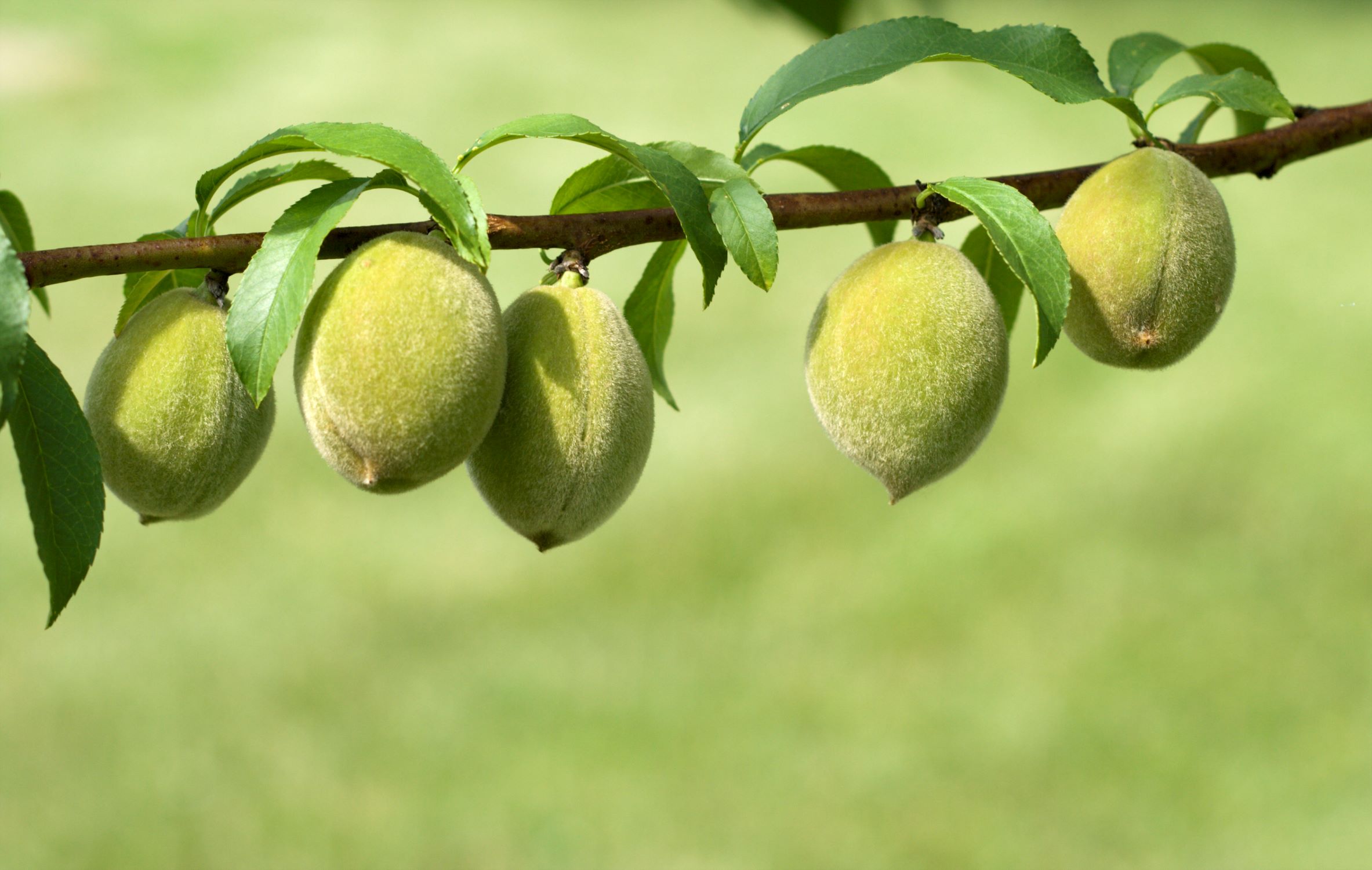
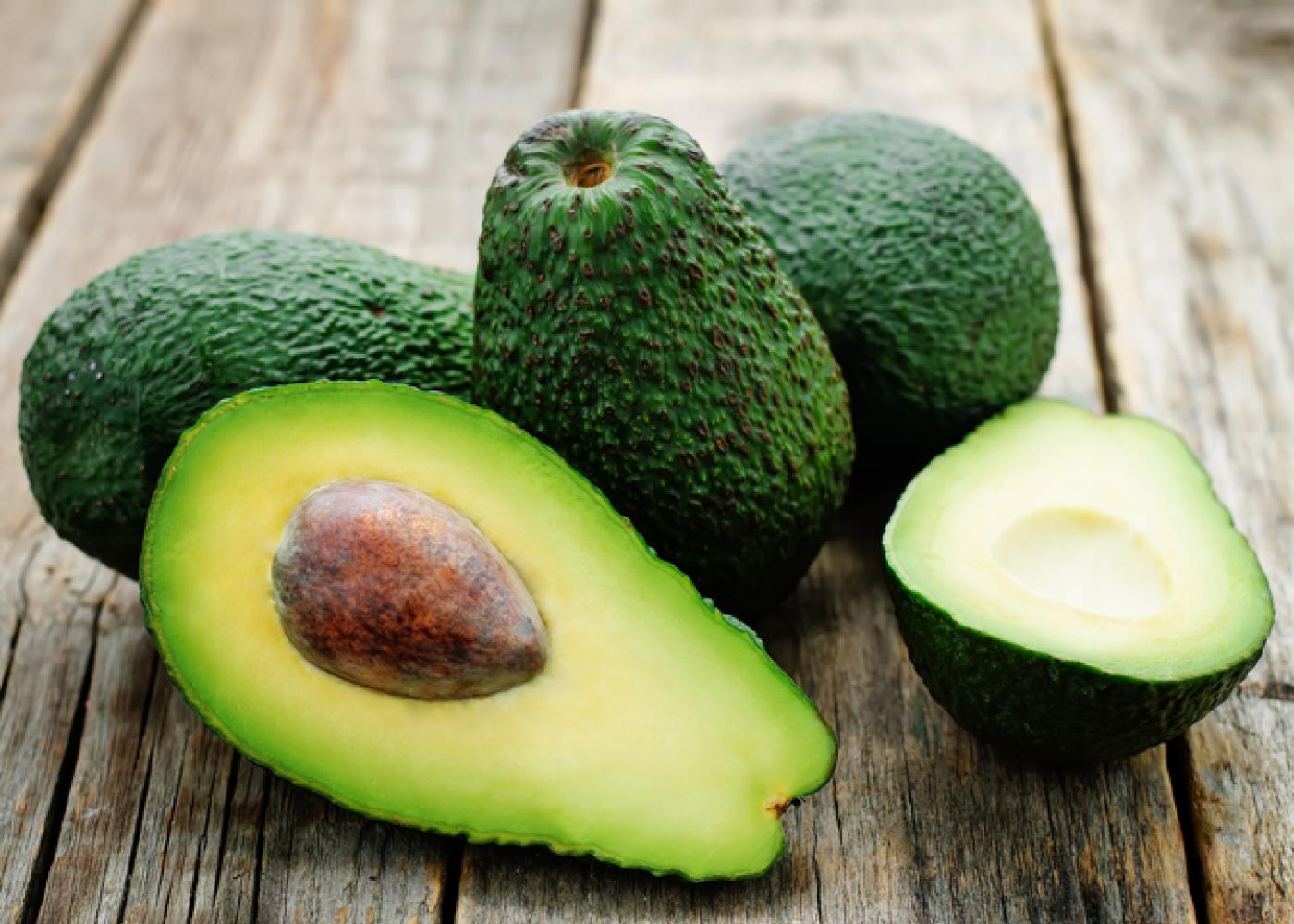
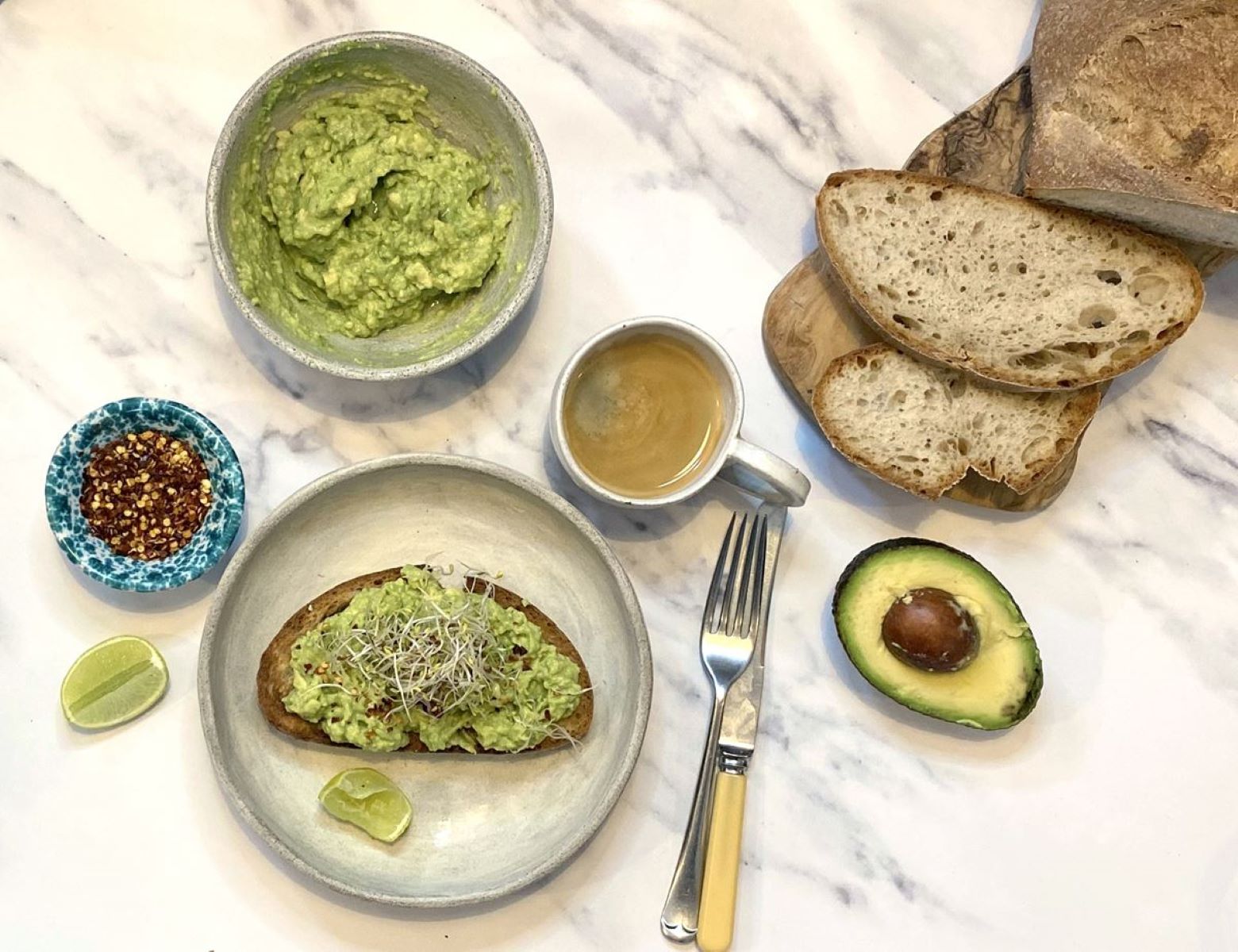
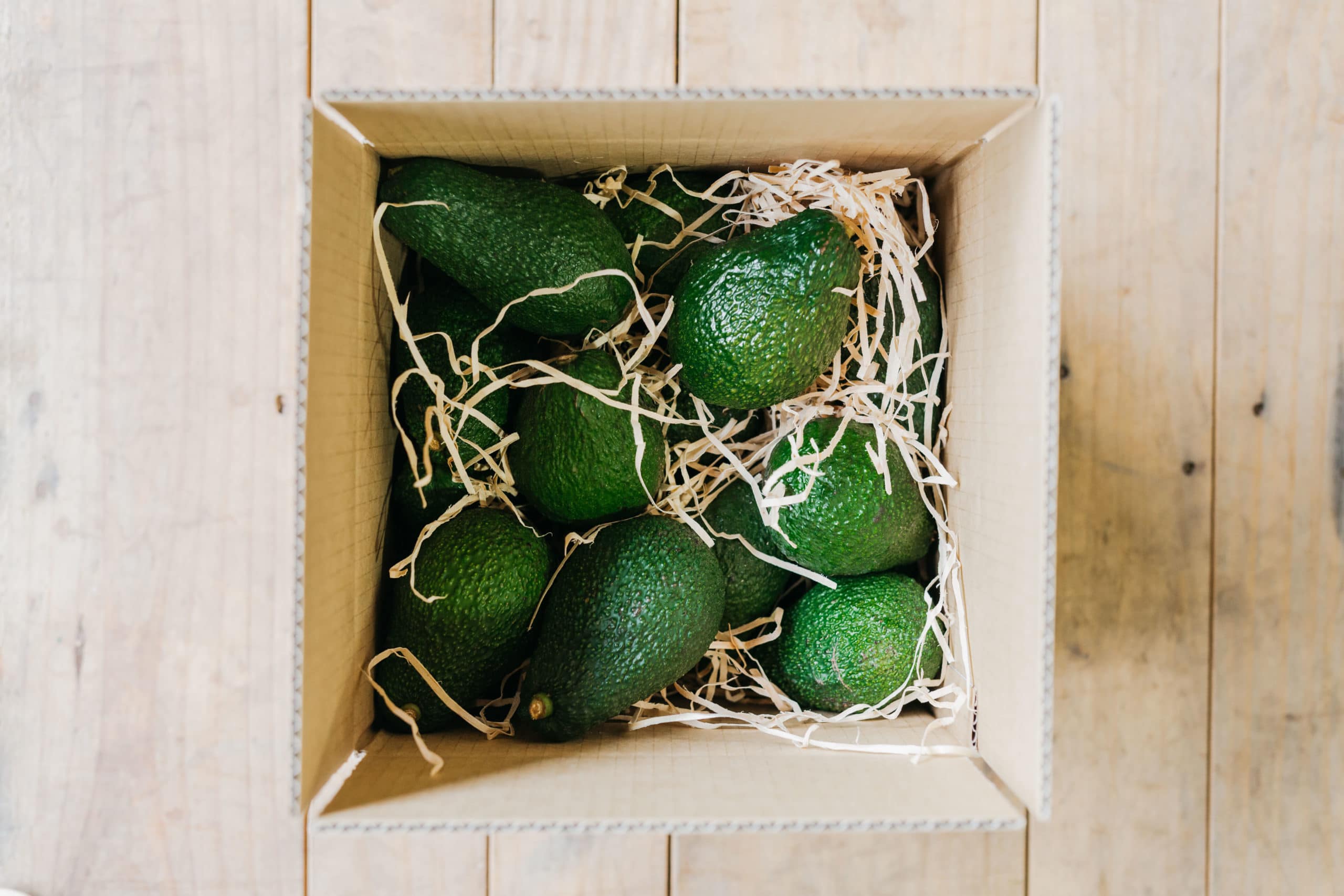
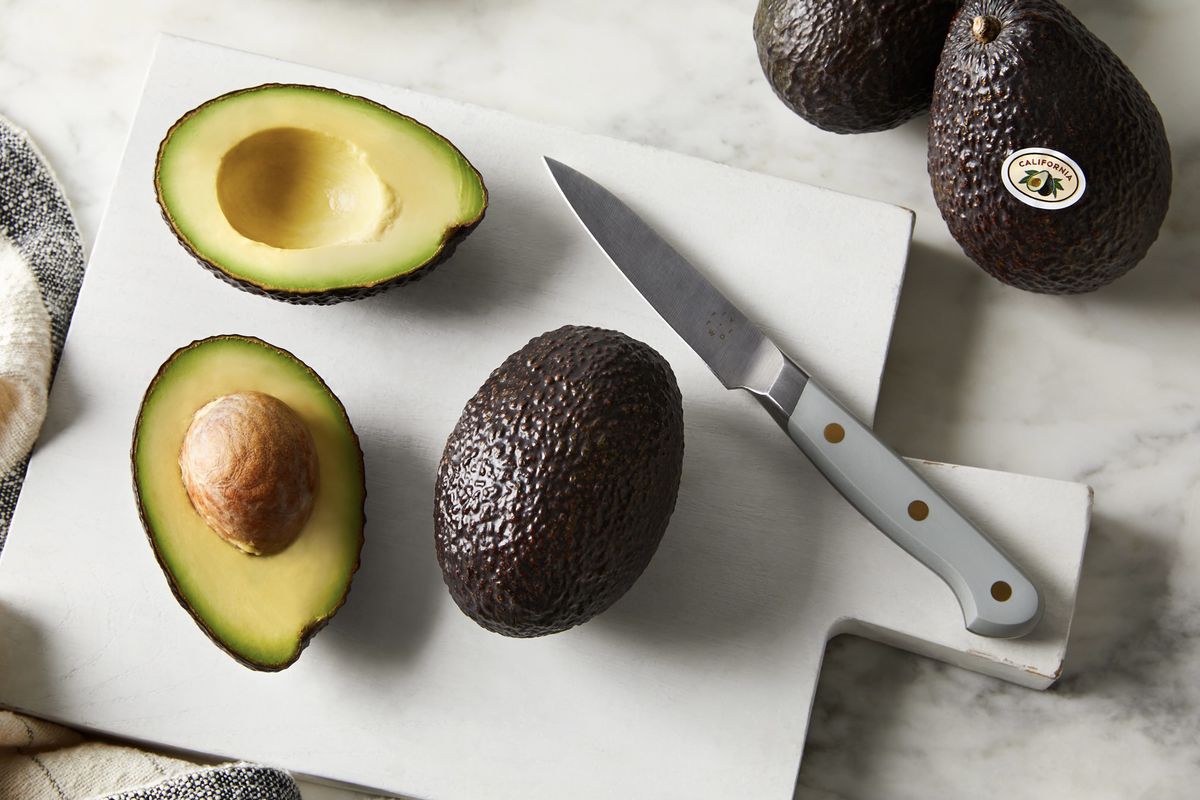
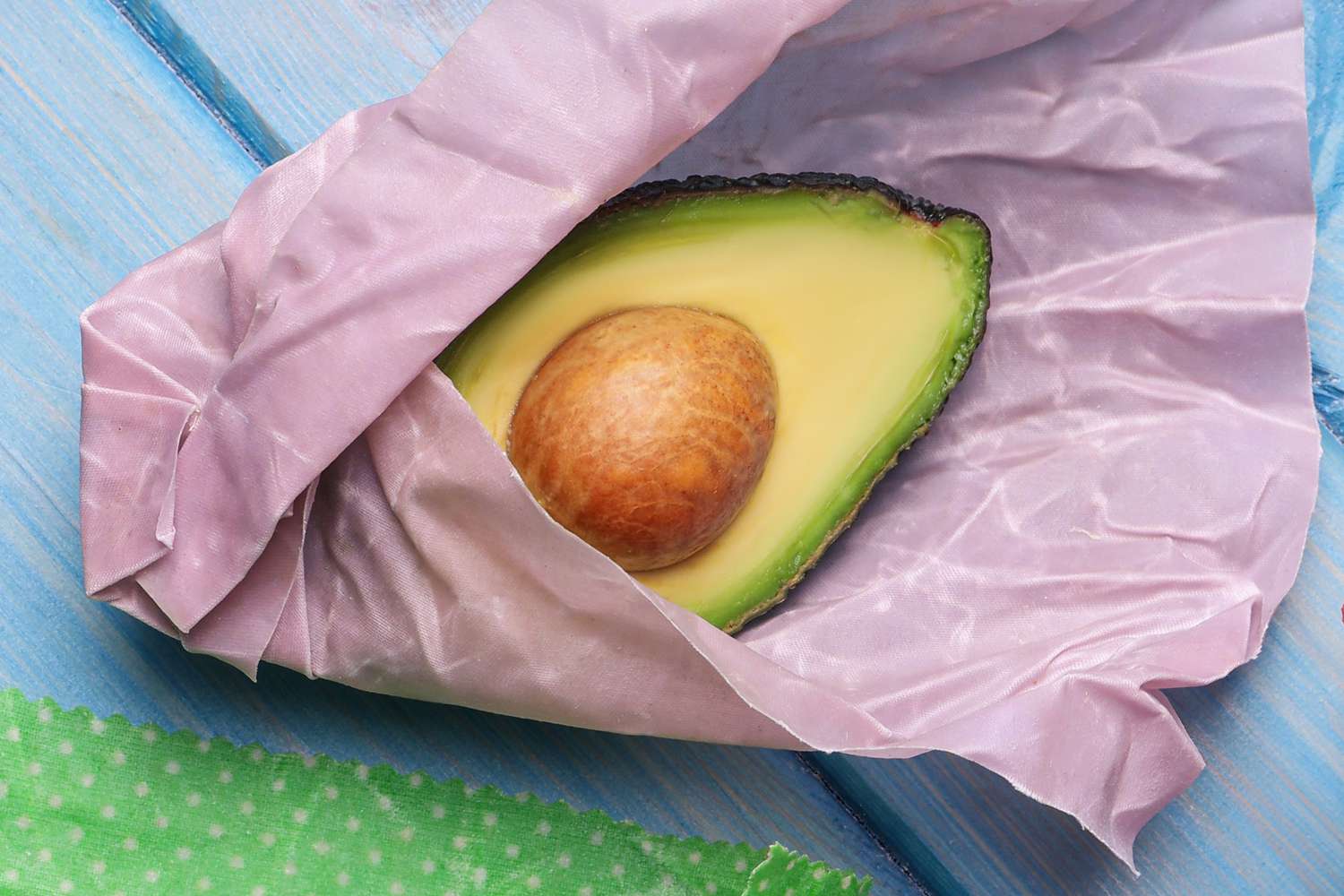
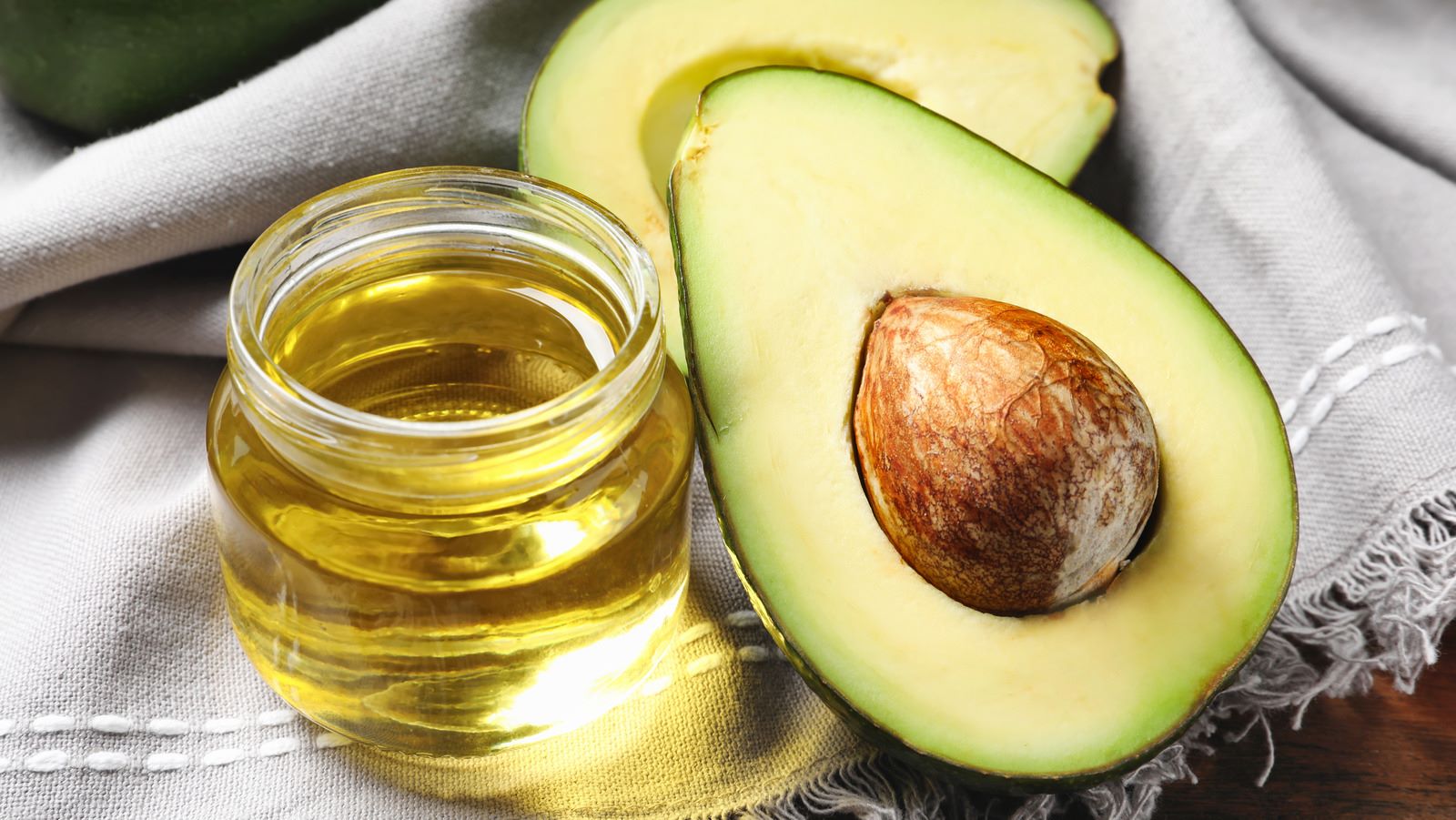
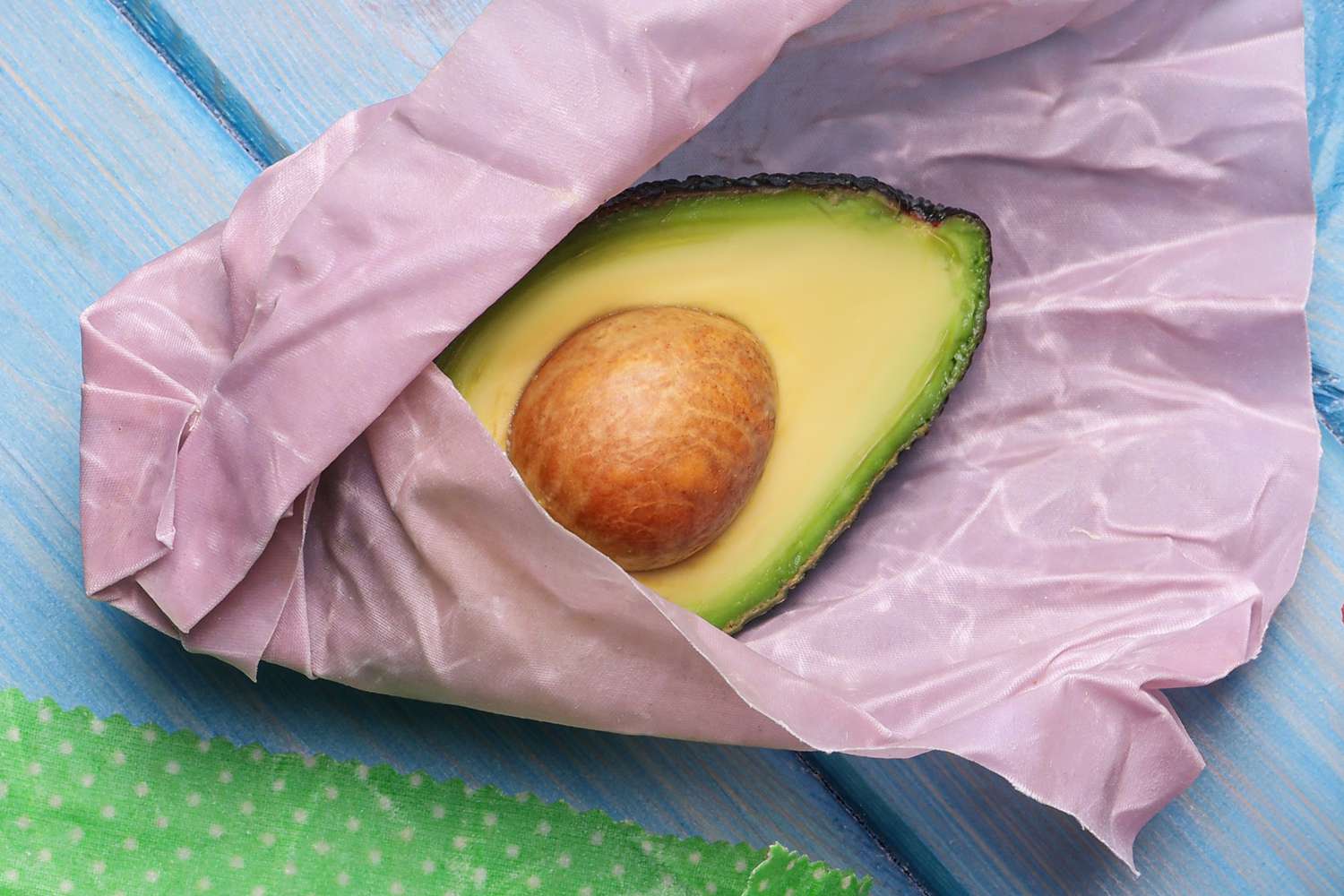
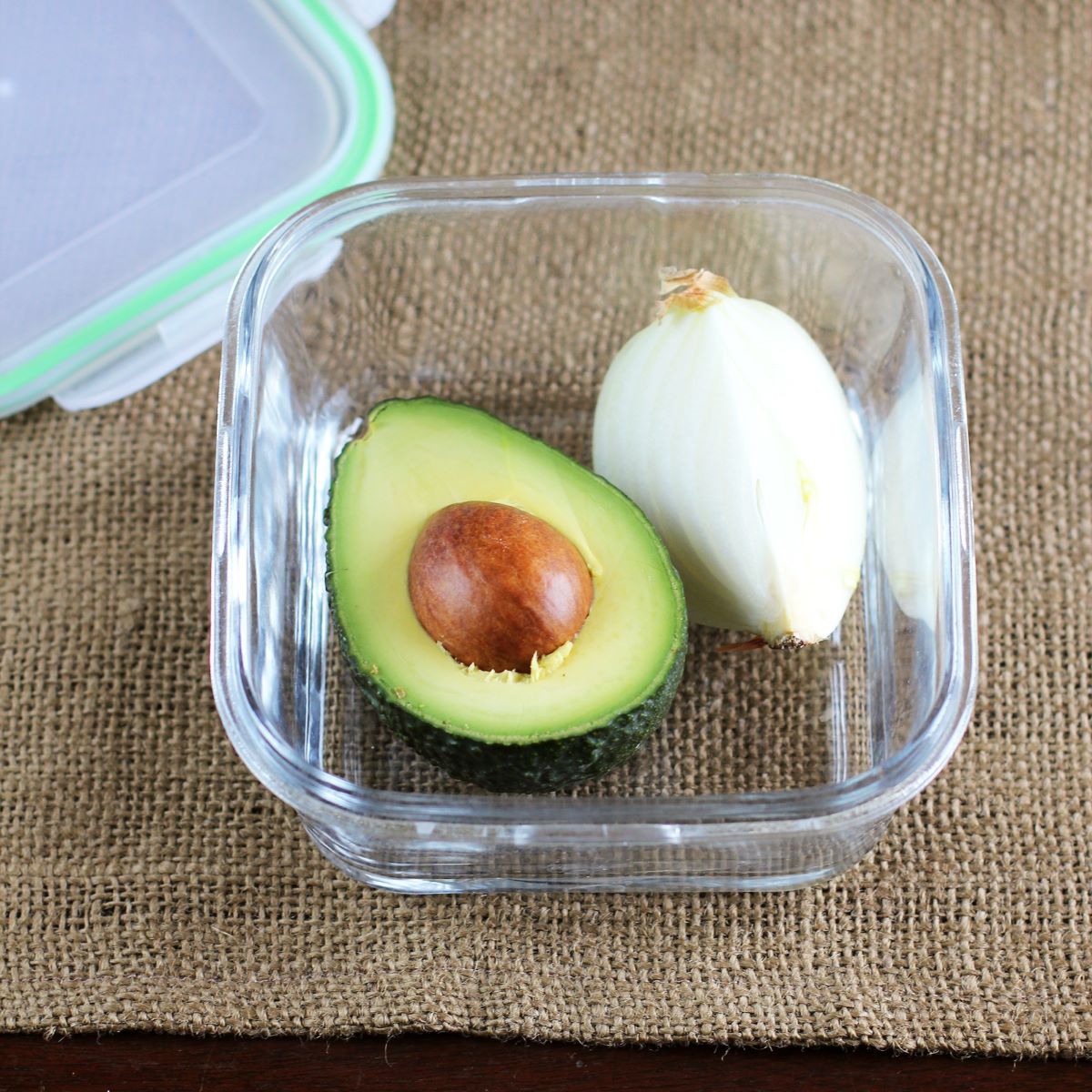
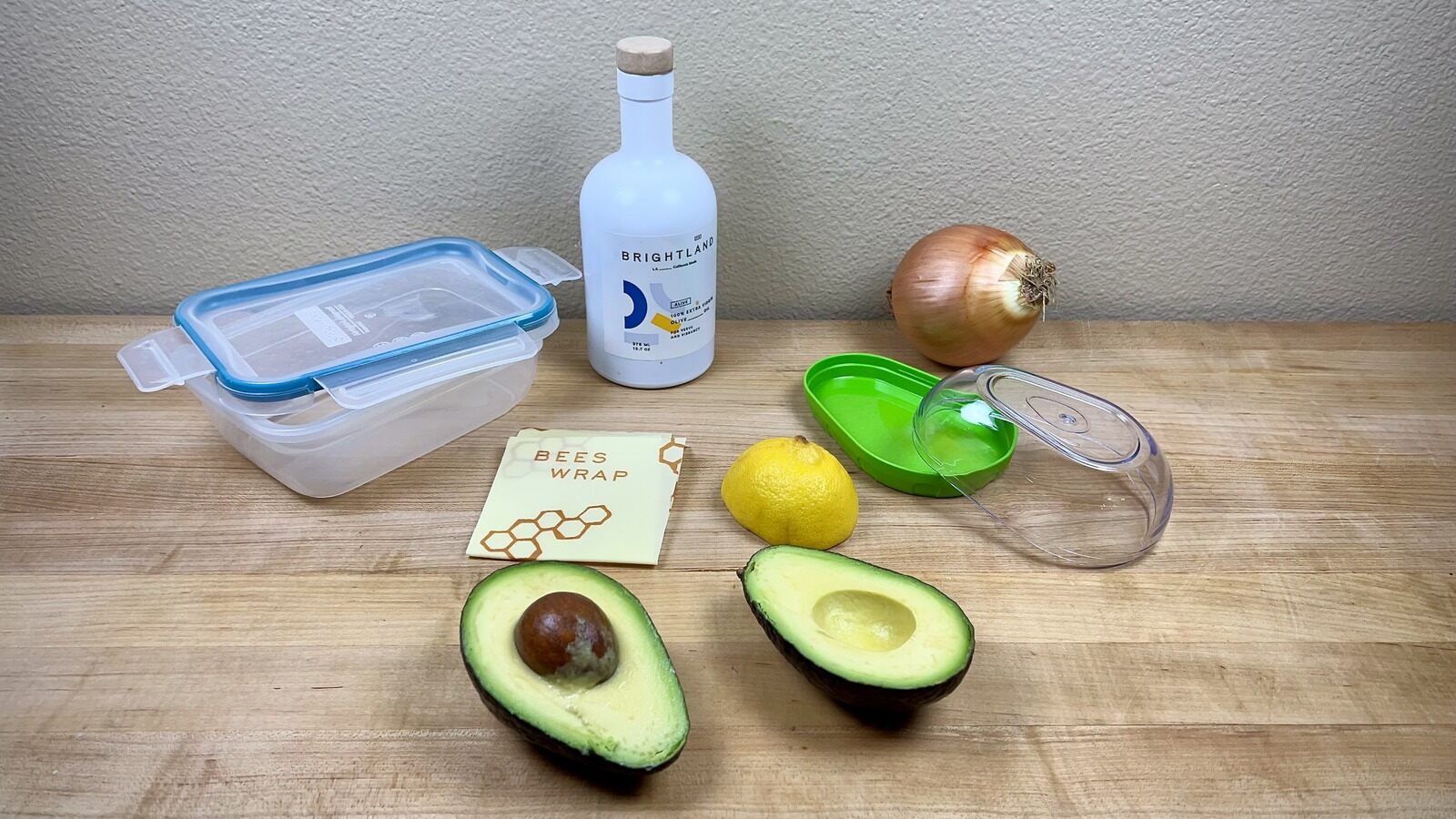
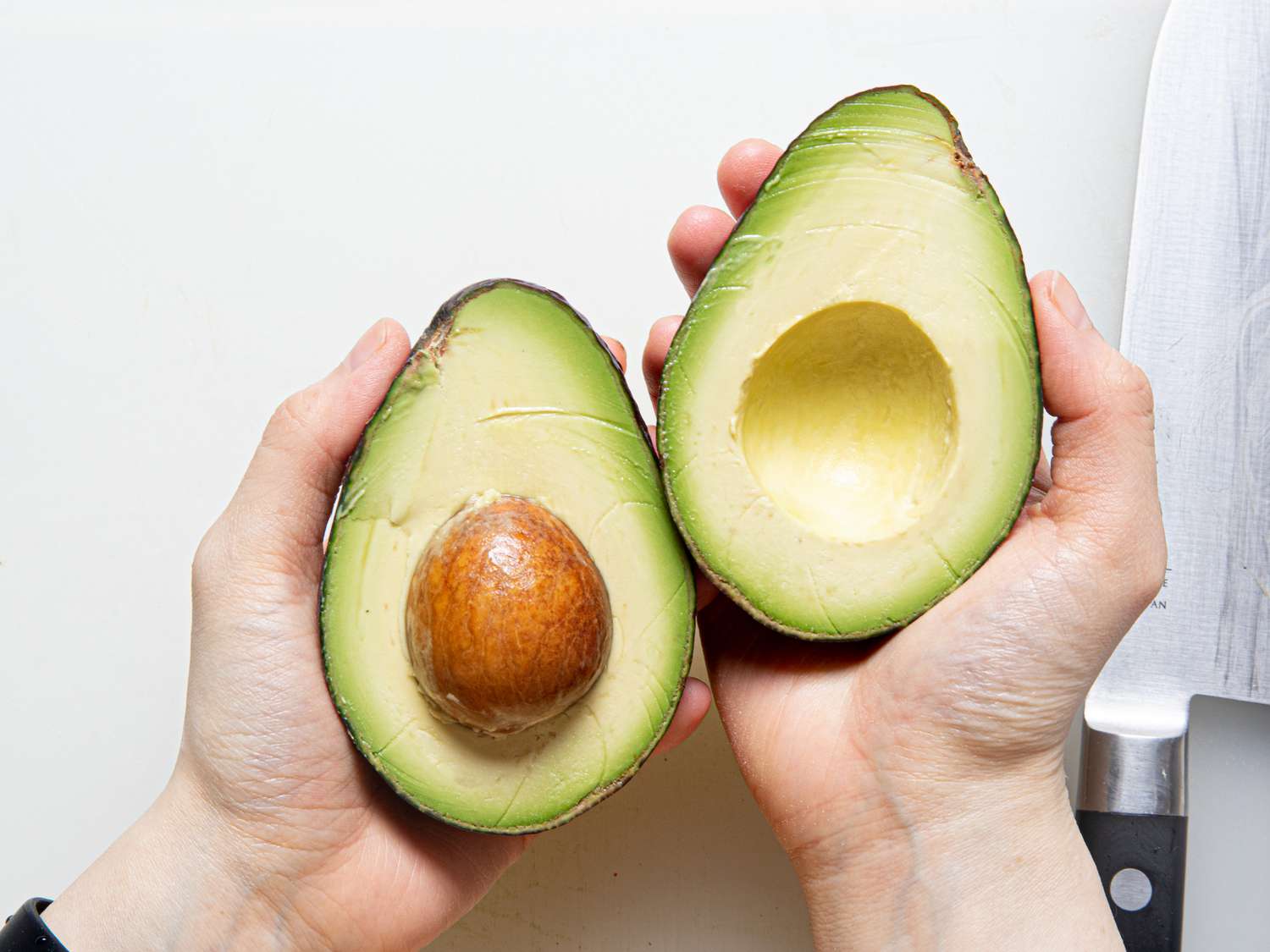

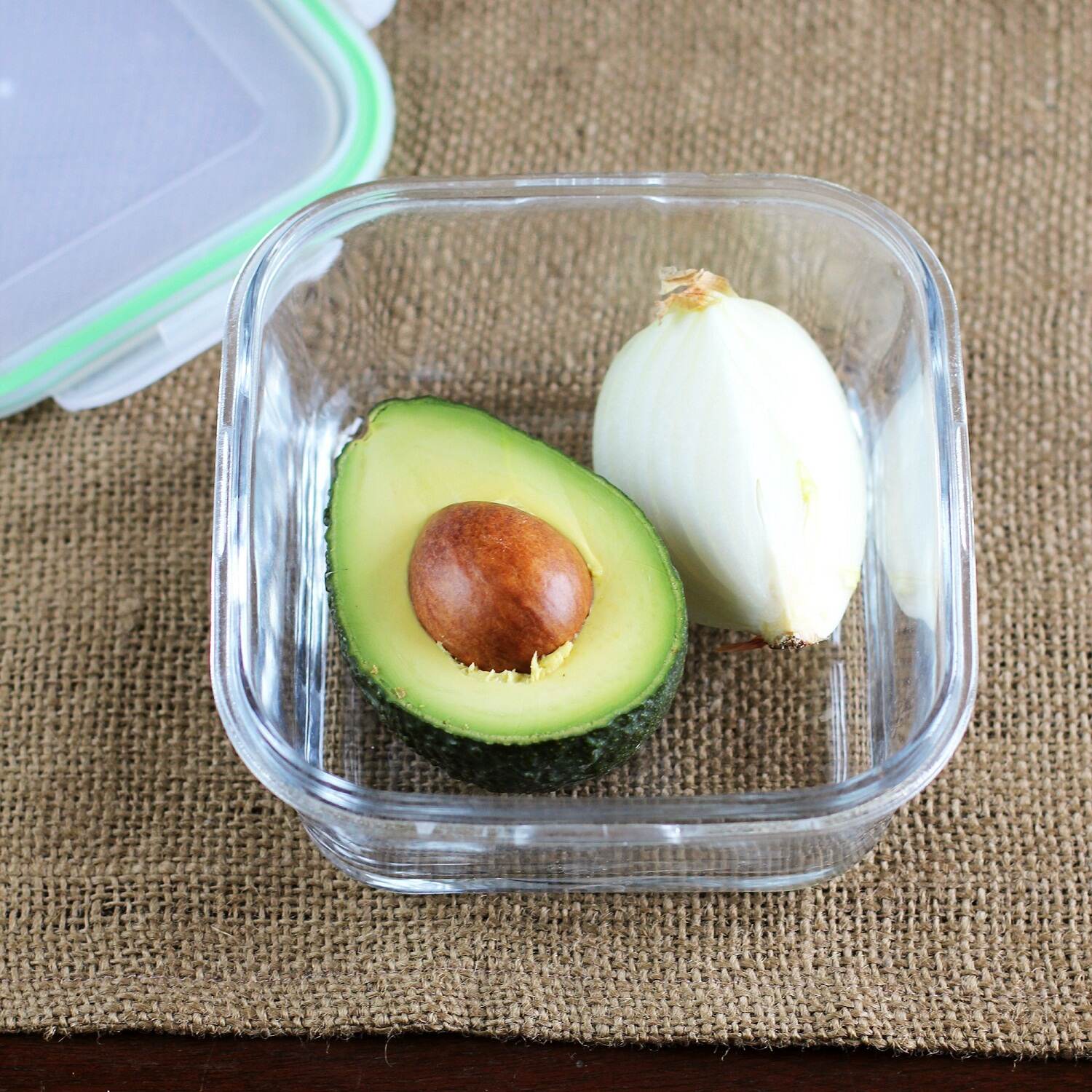

0 thoughts on “How To Store Unripe Avocado”